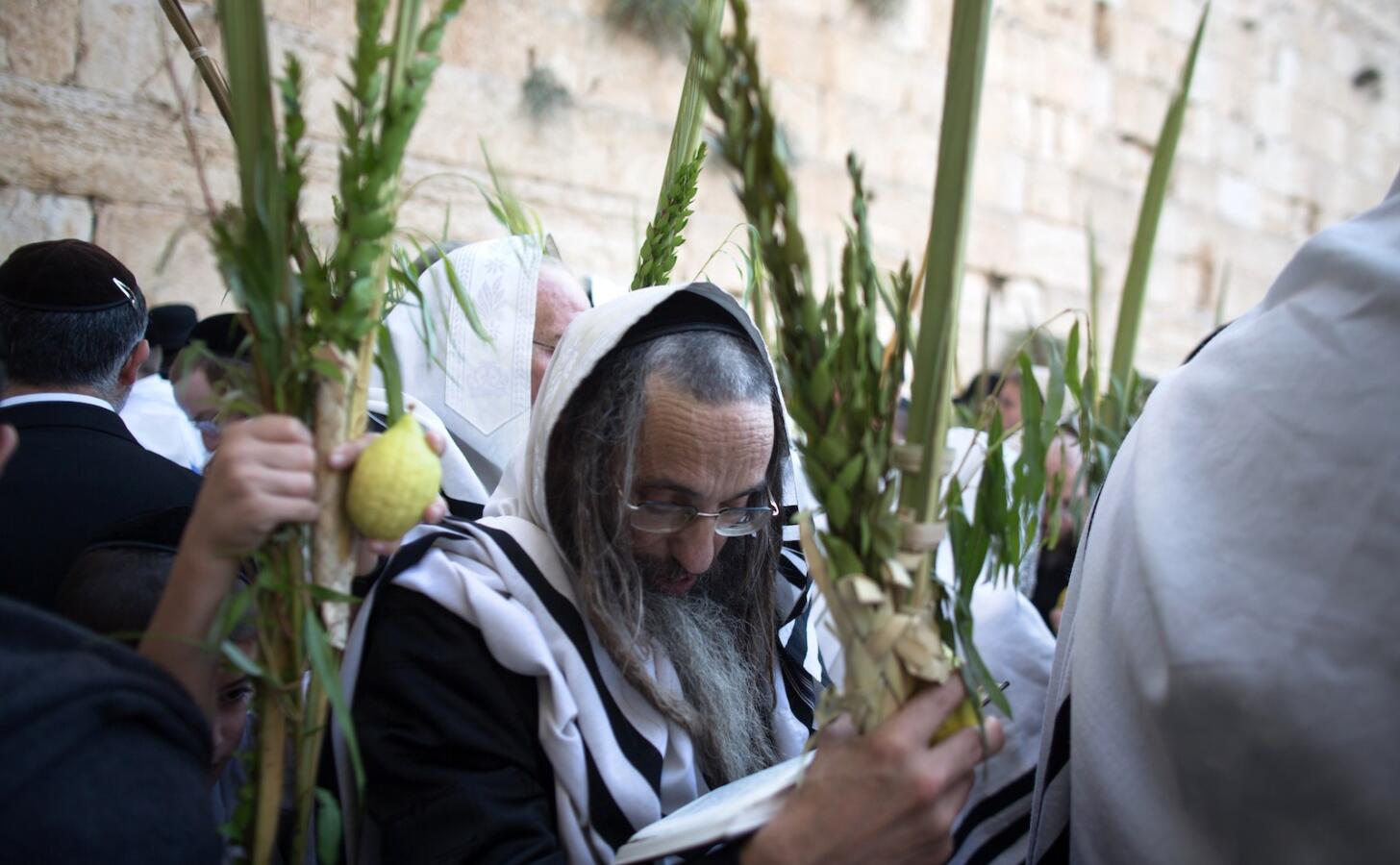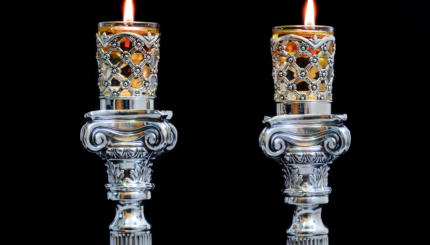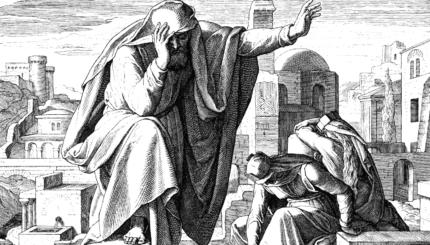Hoshanah Rabbah, the seventh day of Sukkot is a semi-holiday in its own right.
Still counted among the days of Hol Hamoed (intermediate days of the festival), this day’s name means “the great hoshanah.” A hoshanah is a series of seven liturgical poems calling upon God to rescue and redeem the Jewish people, primarily by sending rain.
Hoshanah Rabbah was viewed by the rabbis of the Talmud as a mini-Yom Kippur, a day on which the entire Jewish community is judged by God to be worthy or not of the seasonal rains. All seven hoshanot prayers are recited in seven hakkafot, or processions, around the sanctuary.
At the conclusion of the seven processions, a special ritual is conducted in which the branches of the willow (the aravot) are struck upon the ground. This is a symbolic attempt to rid ourselves of any remaining sins (the leaves representing these transgressions) that might influence God’s decision to send the seasonal rains.
On the night before Hoshanah Rabbah, many Jews stay up late to study Torah — some even study Torah the entire night long. It has become traditional to read the Book of Deuteronomy, both because it can serve as a summary of the entire Torah and because it is the last book of the Torah and Jews everywhere are about to conclude the yearly cycle of reading the Torah on Simchat Torah (two days after Hoshanah Rabbah). Some also recite Psalms, and Sephardic Jews also recite Selichot prayers.
On the evening following Hoshanah Rabbah, the festival of Shemini Atzeret begins. While for many Jews, Hoshanah Rabbah is the last day one shakes the lulav and etrog and dwells in the sukkah, a number of traditional Jews continue to dwell in the sukkah through Shemini Atzeret.
etrog
Pronounced: ETT-rahg, Origin: Hebrew, a citron, or large yellow citrus fruit that is one of four species (the others are willow, myrtle and palm) shaken together as a ritual during the holiday of Sukkot.
lulav
Pronounced: LOO-lahv (oo as in boo), Origin: Hebrew, a bundle of branches representing three species — willow, myrtle and palm — which are shaken together with the etrog on Sukkot.
sukkah
Pronounced: SOO-kah (oo as in book) or sue-KAH, Origin: Hebrew, the temporary hut built during the Harvest holiday of Sukkot.
Sukkot
Pronounced: sue-KOTE, or SOOH-kuss (oo as in book), Origin: Hebrew, a harvest festival in which Jews eat inside temporary huts, falls in the Jewish month of Tishrei, which usually coincides with September or October.
hol hamoed
Pronounced: KHOLE-ha-moe-EHD, Origin: Hebrew, the intermediate days of the week-long festivals of Passover and Sukkot, falling between the first two days of each holiday, and the last two days of each holiday.



